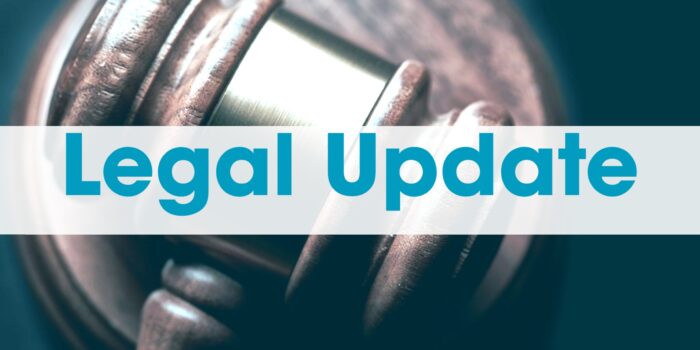24 Jun Cyber Liability – Ransomware Considerations for Board Members
[wpseo_breadcrumb]
Specifically, ransomware attacks—which leverage malware to compromise a victim’s data and demand them to make a large payment to recover it—have quickly become a rising threat across industry lines. In fact, recent research found that these types of attacks have surged by 150% in the past year alone, with the average amount paid by victims jumping by over 300%. Such attacks have also become more sophisticated over the years as cybercriminals have developed a wide range of different ransomware-use techniques.


 Organizations of all sizes and sectors are facing increased cybersecurity risks.
Organizations of all sizes and sectors are facing increased cybersecurity risks. On June 21, 2021, the U.S. Department of Labor (DOL)
On June 21, 2021, the U.S. Department of Labor (DOL)  The Equal Employment Opportunity Commission (EEOC) has
The Equal Employment Opportunity Commission (EEOC) has  By 2025, almost 23% of the U.S. workforce is expected to work fully remote, according to Upwork.
By 2025, almost 23% of the U.S. workforce is expected to work fully remote, according to Upwork.